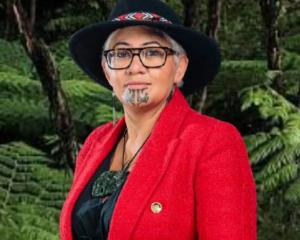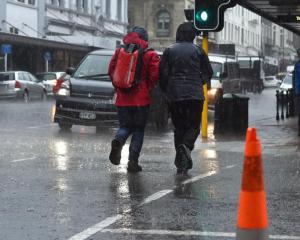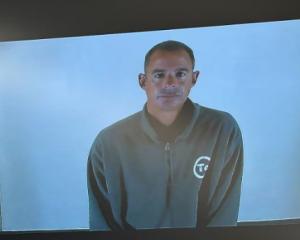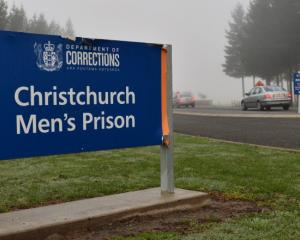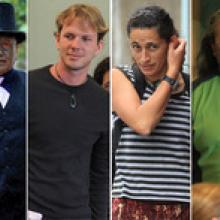
The Crown have this morning issued a stay in proceedings at the High Court at Auckland in relation to the charge of belonging to an organised criminal group.
The Crown said the Urewera Four belonged to the group which had objectives including murder, arson and using guns against police, but the jury could not reach a decision on the charge after a six week-long trial in March.
However, the jurors were able to reach a decision on firearms charges. Tame Iti and Te Rangikaiwhiria Kemara were found guilty of six firearms charges and not guilty of four.
Urs Signer was found guilty of five firearms charges and not guilty of five. Emily Bailey was found guilty of six firearms charges and not guilty of four.
The four will be sentenced on firearms charges later this month.
Crown prosecutor Ross Burns presented the stay on behalf of the deputy Solicitor General this morning.
Justice Timothy Brewer confirmed that the stay would stop any prosecution on the charge from going ahead.
The "Urewera Four'' were excused from attending court this morning.
Iti's lawyer Russell Fairbrother said last night that he was pleased with the news but had not yet been able to contact his client.
"I'm delighted for Tame Iti and the other three accused. It has been very stressful for them.''
Police spokesman Grant Ogilvie said police would not be making comment on the case.
"It is still before the courts and we are not going to offer comment until after the sentencing.''
University of Auckland associate professor of law Scott Optican said he was not surprised to hear of the decision in the case which he described as containing interesting "twists and turns''.
He said the when deciding on a possible retrial, the Crown had to weigh up whether or not a jury would be able to find the four accused guilty beyond reasonable doubt.
"And whether or not it is in the public interest, given the time and resources that it was going to cost.''
He said the Crown took their best shot at trial and got a result.
"This is very likely the most concluded result they thought they could get.''
Dr Optican said the Crown might also feel it would be content with the sentences it will get on the firearms charges.
"You cannot judge whether a case was properly brought or properly done based on the result. The result was in the hands of the jury.''
He said the case would be remembered for the issues concerning the "various cultural and historical relationship between the Crown and Tuhoe''.
He said the other extraordinary aspect was that it was the first time terrorism charges were laid against New Zealanders under the Terrorism Suppression Act.
That changed after police were told by Solicitor General David Collins that they could not lay their charges under the Terrorism Suppression Act. Mr Collins said at the time that it was not so much because of the evidence they had gathered but because of the "incoherent'' and complex way in which the Act had been written.
THE HIGH COURT TRIAL
* 88 witnesses for the Crown were to be called but after arrangements with the defence only about half appeared.
* The trial was set down for three months but the jury retired towards the end of the fifth week.
* The jurors received over 1300 pages of evidence and deliberated for 19 hours.




